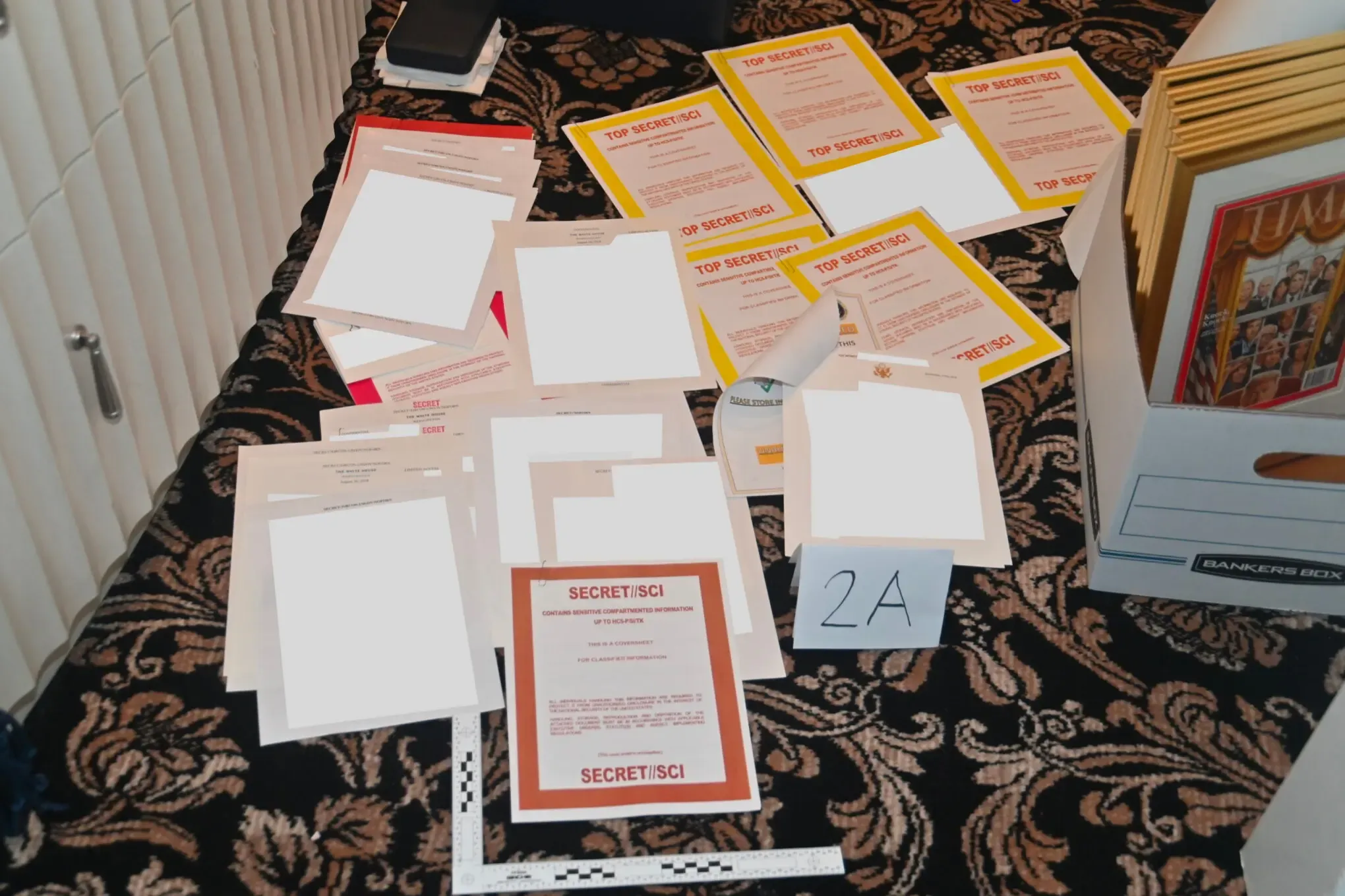By Dan Barkhuff
On the morning of August 8, 2022, news broke that FBI agents had secured a warrant and carried out a search of the Mar-a-Lago compound that was home to ex-President Donald Trump. The reaction amongst military veterans and former government employees who themselves have held security clearances varied depending on one’s prior opinion of Trump. Most anti-Trumpers, such as I, felt that if what was alleged were true (retention of Top Secret materials despite being ordered to return them explicitly), he should be tried and, if convicted, sentenced according to the law. For the MAGA veterans, this was a political prosecution undertaken solely because it was Trump who held onto the documents and not some faceless field grade officer or government employee. The “Lock Her Up” crowd all of a sudden couldn’t countenance Mr. Trump facing consequences for knowingly holding onto Top Secret documents. But through it all, even the MAGA believers who once held a clearance were willing to concede one very important point: if it had been them who stole documents, they’d be in a prison cell.
It’s worth understanding that if you ignore the last name of the man who did it, there is ample precedent for the punishment of those willing to put our nation’s intelligence officers and military members at risk for their own ego. Relatively straightforward cases of mishandling “Secret” level information and allowing those unauthorized to see it to have access to it are often punished with losses of employment fines and jail stays measured in months. This was the case with Asia Lavarello, who, in 2020, pled guilty to knowingly removing classified information; Guests at a dinner party in her home noted and reported seeing classified documents, which had been transported unlawfully following a government trip to Indonesia. She pled to a $5500 dollar fine and three months in jail.
For the more intentional sharing of “Secret” level documents, things get a bit more serious. In 2013, former Army Lieutenant Colonel Benjamin Bishop did exactly that: taking 12 documents related to South Korean and US defense exercises and emailing them to a Chinese national with whom he was having an affair. He was then charged with “one count of unlawfully retaining documents related to the national defense and one count of willfully communicating national defense information to a person not entitled to receive such information.” The result? 87 months in federal prison.
The law has also been applied to only those with a national profile. Retired four-star General David Petraeus, who at one point was the Director of the CIA, shared Secret information with his then mistress and biographer. When the affair came to light, so did the security leak. He pled guilty to two years of probation and a $100,000 fine.
Even cases where offenses were limited to the improper handling and storage of “Secret” level material suggest that, for just about everyone who does it, the law seems to apply. But what about Top Secret material? For clarity, any viewing of Top Secret material is supposed to occur in a Sensitive Compartmented Information Facility (SCIF), a dedicated structure with appropriate security measures to prevent access by anyone who isn’t supposed to be there, hear what happens there, or see what it contains. Top Secret information is not supposed to leave a SCIF or a specialized intranet requiring specific access.
It is absolutely bananas for any Top Secret information to exist outside of a SCIF, and the few examples of it occurring have been sharply punished. The most topical example is Jack Teixara, who only this spring was arrested and charged under the Espionage Act for sharing Top Secret information, ostensibly to feed his 21-year-old online ego, in a chat room. He’s facing 15 years in prison.
So, back then, to Trump. There’s a clear precedent for serious prison time, serious fines, and other legal consequences in cases such as that against the 21-year-old airmen up to former commanding generals and CIA directors. There’s also little debate about the facts of the case: Trump possessed the exact documents he was thought to possess, ordered to return, and did not. Not even the MAGA faithful dispute this. The MAGA point, the point that, without hyperbole, the future of this country depends on, is simple: some people are above the rule of law.
Is that the American way?



